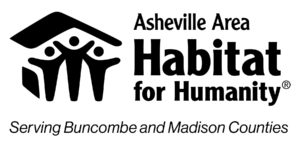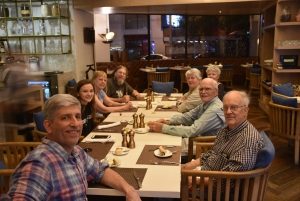https://www.ashevillehabitat.org/wp-content/uploads/2024/02/40th-tithe_blog-image.png
3333
8333
Ariane Kjellquist
https://www.ashevillehabitat.org/wp-content/uploads/2022/11/AAHH-logo_black_with-counties-tag-300x150.jpg
Ariane Kjellquist2023-11-21 08:47:142024-02-26 15:30:12Sharing a Special Milestone
https://www.ashevillehabitat.org/wp-content/uploads/2019/10/2019-whd-sm_post-gn-2-en.jpg
1080
1920
Ariane Kjellquist
https://www.ashevillehabitat.org/wp-content/uploads/2022/11/AAHH-logo_black_with-counties-tag-300x150.jpg
Ariane Kjellquist2019-10-07 13:57:282019-10-08 09:07:01World Habitat Day
https://www.ashevillehabitat.org/wp-content/uploads/2019/08/shopping.jpg
853
1280
Ariane Kjellquist
https://www.ashevillehabitat.org/wp-content/uploads/2022/11/AAHH-logo_black_with-counties-tag-300x150.jpg
Ariane Kjellquist2019-08-06 08:32:542019-08-06 08:32:54Got $10? Consider a monthly donation.
https://www.ashevillehabitat.org/wp-content/uploads/2019/05/DSC_9682.jpg
2000
2992
Ariane Kjellquist
https://www.ashevillehabitat.org/wp-content/uploads/2022/11/AAHH-logo_black_with-counties-tag-300x150.jpg
Ariane Kjellquist2019-05-22 08:36:252019-05-22 08:43:58GVT: Powerful Stuff
https://www.ashevillehabitat.org/wp-content/uploads/2019/04/Sue-and-Bernie-Koesters.jpg
1369
2048
Ariane Kjellquist
https://www.ashevillehabitat.org/wp-content/uploads/2022/11/AAHH-logo_black_with-counties-tag-300x150.jpg
Ariane Kjellquist2019-04-22 08:39:462019-04-22 10:57:48Bernie Koesters: Making an Impact Locally and Globally
https://www.ashevillehabitat.org/wp-content/uploads/2018/12/blog-tithe-update-Aug-2016-1.jpg
350
800
Asheville Habitat
https://www.ashevillehabitat.org/wp-content/uploads/2022/11/AAHH-logo_black_with-counties-tag-300x150.jpg
Asheville Habitat2016-08-22 00:00:002016-08-22 00:00:00Tithing Update: August 2016
Scroll to top


